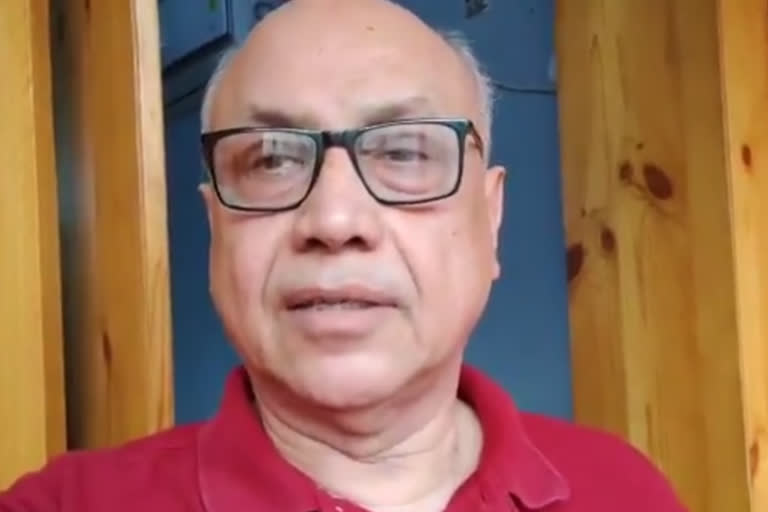New Delhi: Supreme Court having asked lawyers to refrain from relying on Right to Information replies as they are not very reliable while arguing cases, has drawn distinct reactions from RTI activists. A Bench of Justices AM Khanwilkar and Sanjiv Khanna had on Friday made the observation while hearing a case against the Allahabad High Court order pertaining to the dismantling of a building. In this regard, Ashok Agarwal a practicing lawyer at the Supreme Court of India and Delhi High Court has backed the top court's remarks saying that information obtained under RTI isn't necessarily reliable and that it is also misused. While another RTI activist Gopal Prasad opined that officials avoid giving correct information under Right to Information.
Ashok Agarwal says that RTI was initiated with a great objective to expose corruption, however, there have been instances wherein many RTI activists who had filed cases against the mafia were murdered. Apart from this, many a time activists have also resorted to using the Act to harass, intimidate or even blackmail others. "As the saying goes - There's something bad in everything good and something good in everything bad," Agarwal says, adding that Supreme Court's observation on RTI Act's functioning does raise questions.
Read: SC bench asks lawyers to not cite RTI, says information 'not reliable'
Speaking about the matter, another RTI activist Gopal Prasad says that on seeking information in RTI, officials sometimes either hide the information or shy away from giving it, adding that RTI activists should not depend solely on the reply given by the Public Information Officers (PIOs). "In order to obtain justice, one has to fight for the right information and there has been a lot of struggle for the RTI Act. On the other hand, the availability of justice for public interest has also led to several hundreds of activists losing their lives, fighting against corruption. RTI Act which came into force in 2005, is the easiest and cheapest medium to get information or timely information," Prasad said.
It may be noted that from 2005 to 2020, more than 22 lakh people have approached the Central Information Commission due to non-disclosure of information, which proves that information is not revealed. Also, many institutions including the CBI are not even under the purview of RTI. Interestingly, more than 50 percent of the RTI queries are filed from villages, and it is the common people who file RTI and not RTI activists.
Read: Activist asked to produce proof of Indian citizenship by College Principal



